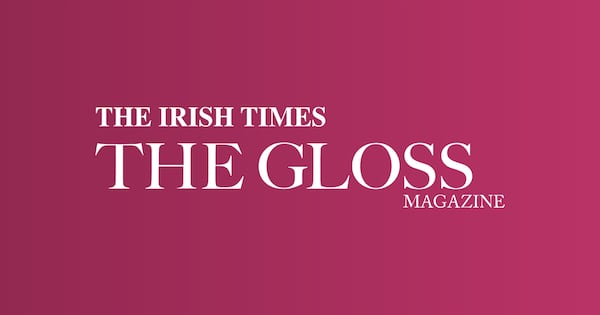As an unregulated word, sustainability in the fashion industry has effectively lost its meaning. How can anyone be sure that what they are buying is made ethically using natural fabrics? How to differentiate real from false claims?
Buying online can often result in disappointment – material is inferior, colours not the same as expected, or the shape doesn’t fit, not to speak of the tedium of having to package and return unwanted items.
Dubliner Evelyn Browne, with her background in marketing for 15 years, recognised how overwhelming navigating online sites for sustainable clothing can be for those with busy lives. She could also see an opportunity in Dublin for a one-stop shop – an alternative to high street fast fashion that offered a range of ethically made and certified brands with common environmental and social values at their heart, that were stylish and affordable.
“I did all the legwork and the research during Covid and spent hours online,” Browne recalls.
Dancing with the Stars: ‘I’ve had the best time of my life. I feel super fit,’ chef Kevin Dundon says as he is voted off show
Oscars 2025 red carpet: Ariana Grande sets the standard while Timothée Chalamet stood out in ‘Kerrygold’ yellow
Róisín Ingle puts a Thermomix to the test: ‘I am a convert but there’s one enormous catch’
Life without children: ‘I’d want the investment my mother had, but I don’t have it in me. I don’t have the grá for it’
“In Berlin and Copenhagen it is normal to find shops with a similar approach. Some department stores are making efforts, but it is piecemeal.”

So, in 2020, she opened Slow Street in Blackrock, Co Dublin, trying out a few different brands that were ethically made with good fabrics, “and I felt that what women wanted was everyday wear, so although we sell a lot of denim, tracksuits and tees, in the last two years we are offering more interesting pieces”.
The shop, which last year won an award for its design from the Institute of Designers in Ireland, is airy, bright and inviting. Well thought out and organised, most of the more than 20 brands are sourced from small labels, the majority less than 10 years old, from Denmark, France, Germany, Spain and the UK.
Poudre Organic, for instance, is run by a husband and wife French team who started with children’s wear and then expanded. Rita Rowe’s eco-friendly clothing comes from Girona, while Made Obvious is by Lia Quigley, an Irish print designer based in Madrid. Others are Scandinavian, like Skall Studio founded by two Danish sisters based in Jutland, whose cotton and linen clothes are made in India in a certified GOTS (Global Organic Textile Standard) family run factory in Delhi. Armed Angels are German “eco warriors” who support Fair Trade.
“We make sure we get verification of claims and fact check,” says Browne. “Half of our customers just love clothes and if ethically made, that’s the icing on the cake.
“The other half are really into investment – those who want natural fabrics and know that they get what they pay for.”



The shop not only reflects Browne’s values but also, as a busy mother, her own personal style which she describes as “simple and casual with an emphasis on comfort”.
“I am not big into patterns and can be quite sentimental about my clothes and treasure pieces in my wardrobe,” Browne says.
“And even when I do have to get dressed up, I don’t get too dressed up.”
She also works closely with her customers and gives the brands useful feedback. “Little things like pockets can be so important, for example.”

When she first opened, customers tended to be in their 30s; now the appeal is broad, stretching from people aged 20-70, and she divides them into three groups. The first are more design-led, more into premium buys and looking for interesting pieces, “and we keep them in mind when buying”.
The second go for absolute comfort, “soft brushed cottons in neutral tones – they are not looking for big statement items, but for comfort and durability”. The third group are young customers who go for tracksuits, jeans, sweatshirts. “For dressier stuff, they go to Zara.” Though there are other brands she would like to stock, she insists on keeping everything affordable.
Browne also offers advice on care of clothing, repairing and recycling and sells clothing care products, fabric shavers and lint brushes. She will also suggest renting for big occasions rather than spending a lot on something only worn once (she recommends Happy Days for weddings, and Greens Are Good For You for debs or balls).




Blackrock, like many other Dublin suburbs, changed after Covid and now has so many cafes, interior and fashion shops as well as its market, Browne says. “People are willing to make a journey on Saturday on the Dart – which is when we get new customers – walk along the seafront, go to the market, have a coffee and shop.”
As for the future, Browne says, “I have an eagle eye and am constantly on the lookout, even on holiday, for new labels.
“At trade shows in Paris I can now meet the owners of the brands in person, talk to them, and that makes a difference. We have a core base now – people who come in and buy six to eight pieces for the winter and summer and buy very little for the rest of the year.”













